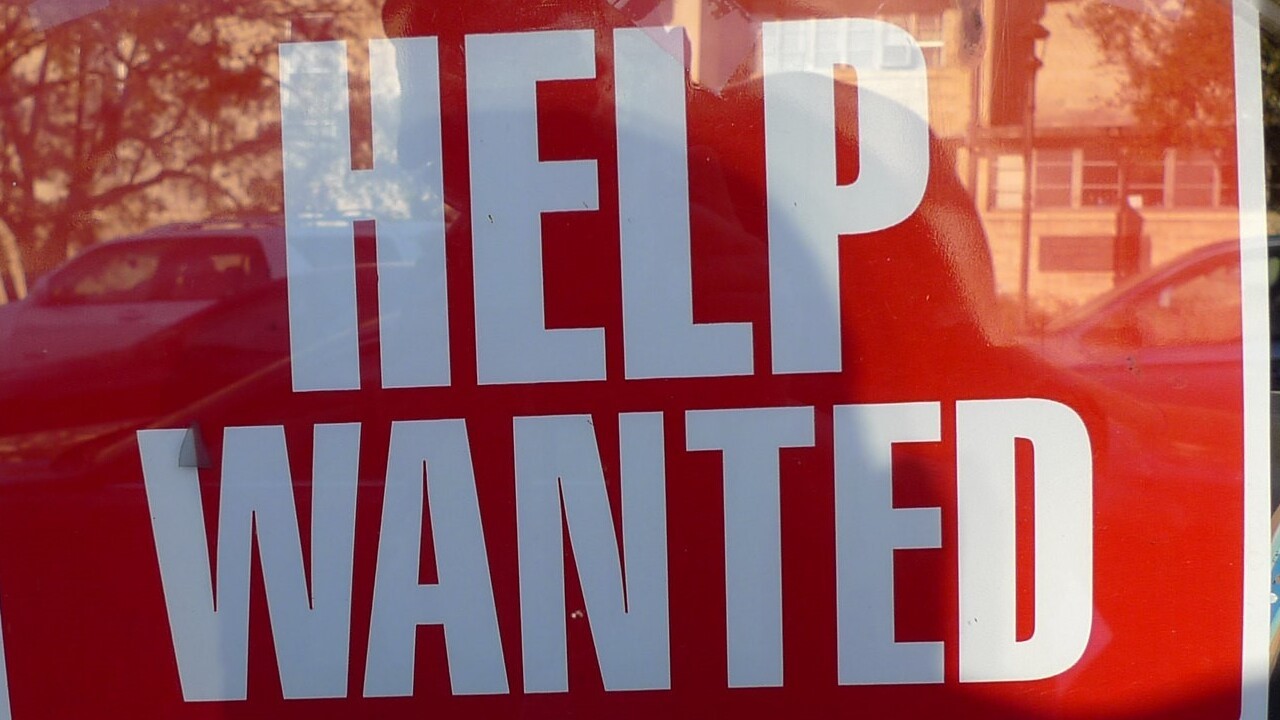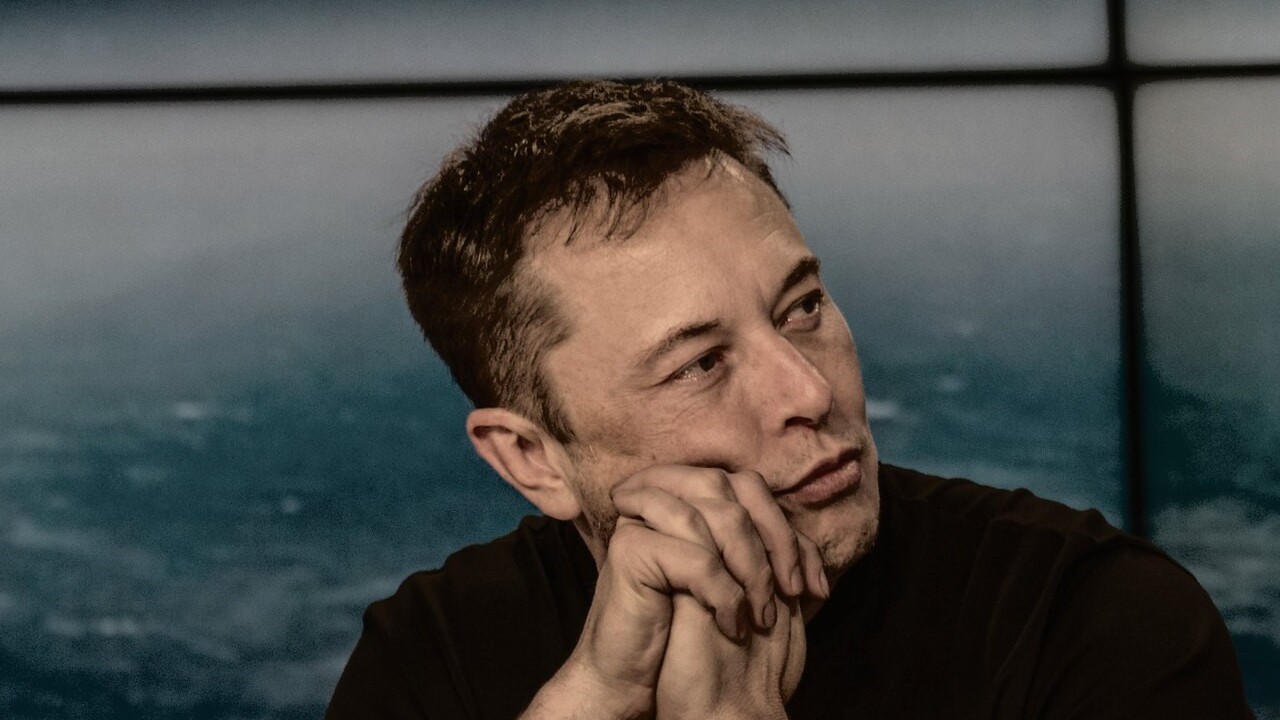American society is crumbling, and our economy is following suit.
President Biden, in his recent remarks on the September jobs report released by the Bureau of Labor Statistics (BLS), crowed about the decline in the unemployment rate to 4.8 percent. He seems to be operating under the illusion that this rate is indicative of a rosy outlook for the U.S. economy, despite the havoc he and the Democratic Party have wreaked with their various agendas.
What Biden and many others fail to remember – or actively avoid focusing upon, which is perhaps more likely – is that the unemployment rate they cite only includes individuals who are willing and able to work, and who are actively seeking that work.
Those who are not employed and have not sought work for more than four weeks are no longer considered part of the labor force by BLS. And, that number has risen substantially.
If one looks more deeply into the BLS report Biden cited, there are a few statistics that illustrate all is not well with our economy from a labor perspective.
- The labor force participation rate is 1.7 percentage points lower than February of 2020, currently standing at 61.6 percent.
- The number of reentrants to the labor force decreased by nearly 200,000 in September, despite the reduction in the unemployment rate.
- The number of long-term unemployed (jobless for 27 weeks or more) is 1.6 million higher than February of 2020.
For another way to “check under the economic hood,” consider the St. Louis Federal Reserve’s estimate that there are nearly 11 million total jobs currently available. In March of 2020, just before COVID-19 disrupted our economy, there were less than 6 million. The March 2020 unemployment rate was 4.4 percent – barely lower than our current rate.
So, what is causing this gap? The easy answer would be COVID-19.
That, however, is not the right answer.
It is our government’s misguided policies formulated in response to COVID-19 that have had such a desultory impact on many individuals’ incentives to work, based on substantial government subsidization and a concerning shift towards socialist-themed collectivization.
This “relief” has added even more to our mountain of a national debt and is a direct contributing factor for our impending inflation crisis; its most sinister impact has been the normalization of offering individuals material compensation for nothing in return.
One would hope that with the pandemic behind us, our government would allow the economy to adjust itself via the free market and get our nation back to a period of economic prosperity.
Unfortunately, Biden and the socialism-driven Democratic Party have instead doubled down on collectivization and wealth redistribution, readily apparent in the infrastructure and “social spending” bills working their way through Congress.
On Thursday, Biden unveiled the pared down version of the “safety-net” package – which, combined with the infrastructure bill and COVID-19 responses, would add a whopping $5 trillion in new government spending.
The contents of the proposal have been publicly released; notable items include:
- Government subsidization of health premiums (only for those who take part in Obamacare)
- A substantial increase in Medicare coverage
- Universal pre-K
- An extension of the child tax credit
- Various climate related subsidies, including clean-energy and electric vehicle tax credits
- An extension of low-income tax credits
- The “single largest and most comprehensive investment in affordable housing history”
How will this be paid for?
Taxes, of course.
This budget framework will raise taxes on high-income Americans – those who have historically driven investment and therefore been responsible for long-term economic growth – and impose at least a 15 percent minimum tax on corporate profit margins.
So, in summation, the bill would redistribute wealth from those who have earned it through contributing their blood, sweat, and tears to the economy, to those who have contributed little or nothing. Moreover, the latter camp will be further disincentivized to contribute due directly to these policies! Why work, when you receive generous benefits from Uncle Sam for doing nothing?
This is essentially another step towards universal basic income, an insidious idea that continues to gain steam amongst the left – and that has recently been embraced by major cities such as Los Angeles and Chicago. Cities that, clearly, do not have money to give away.
The backbone of our economy and society is our individuality and work ethic. The Democratic Party seems hell-bent on the degradation of the individual in favor of total collectivization – and they are succeeding.
A recent Politico article penned by New York Times columnist Farah Stockman argues the Democratic agenda needs to be communicated more effectively to the public, because it is of vital importance that everyone sees how much public good would be achieved. Ironically, Stockman goes on to state, “Countries where citizens live off money distributed by the government – Saudi Arabia, for instance, which doles out oil revenues – tend not to be democracies.”
That sure sounds to me like clear advocacy for authoritarianism – in service of the betterment of society, of course.
Unfortunately, that is the direction that we are heading. Eventually, if we do nothing to stop it, we will wake up and find ourselves in a socialist “utopia.” And it will be too late to go back.
Jack McPherrin works in the editorial department at The Heartland Institute.





